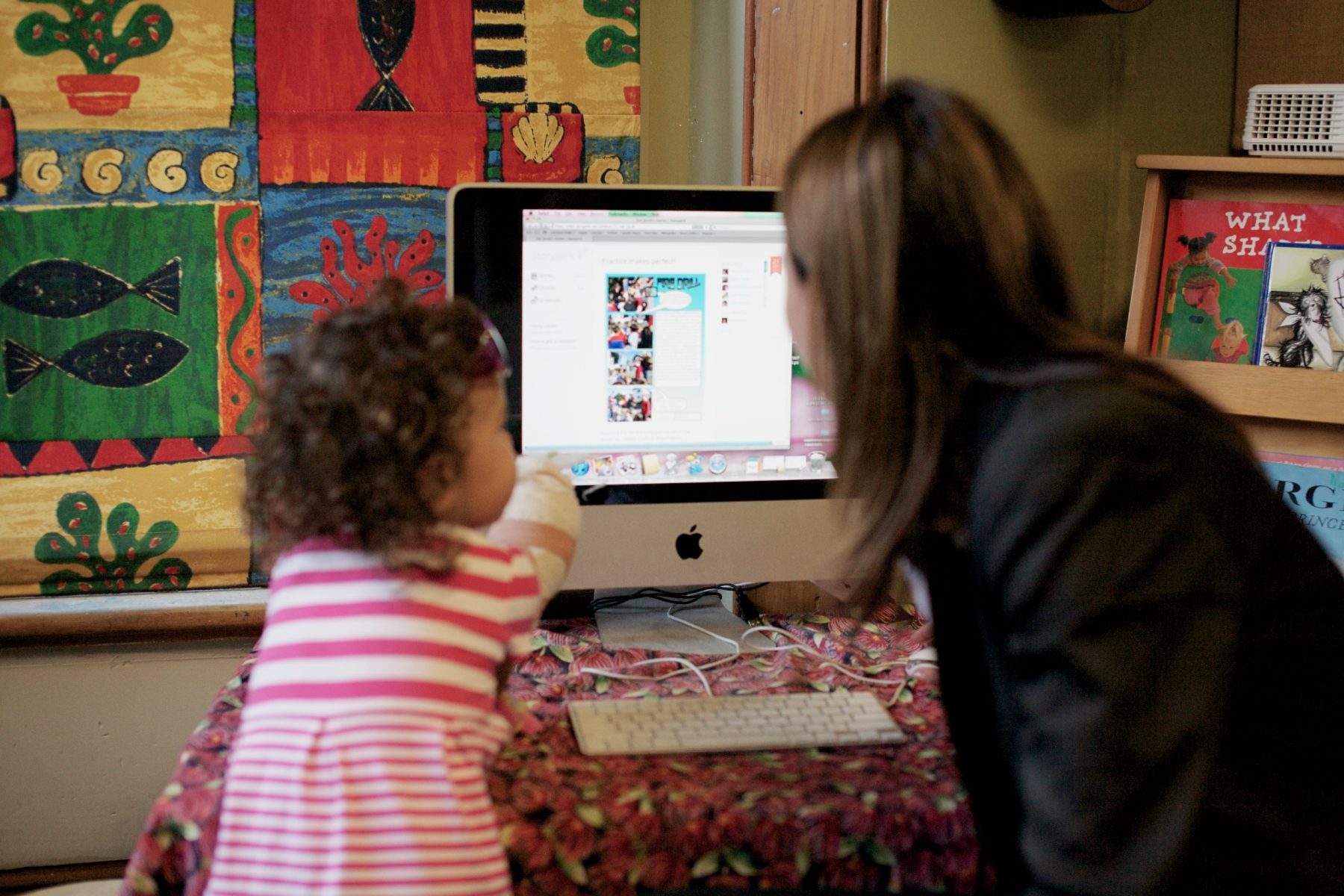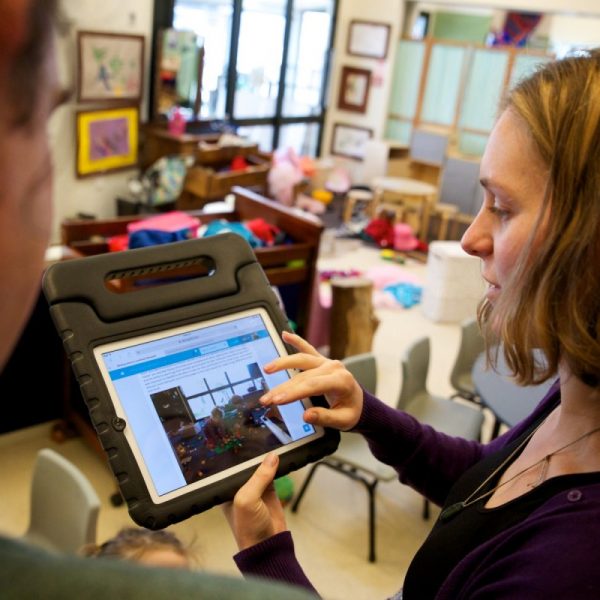The power of presence; a reflection on digital documentation in ECEC

When your camera captures the moment, does your brain record the same memory?
In the piece below Peter Dixon, Co-Chief Executive Officer & Co-Founder at family engagement and professional practice platform Storypark, reflects on the impact of children’s most important learning and milestones being viewed from behind or in front of a camera on children and educators alike.
The story, Mr Dixon said, “is the result of my investigation into the potential impacts of digital documentation, in the hope of empowering educators, families and leaders in the early childhood education (ECE) space.”
Pictures tell a thousand words…but may lose some of the story
“As we all know, in our digital world, we commit less to memory and more to the cloud,” Mr Dixon explained. “Taking photos of an event rather than being immersed in it has been shown to lead to poorer recall of the actual event, because we get distracted in the process.”
With children, research shows that the neurological processes needed to form autobiographical memories are not fully developed until between the ages of three and four years of age.
Mr Dixon found Other research suggesting that memories are linked to language development, as language allows children to share and discuss the past with others, enabling memories to be organised in a personal autobiography.
In a study conducted by UK researchers, memories recalled by more than 2000 respondents from their early childhood were likely never to actually have occurred.
Instead, the researchers found that rather than recalling a real experience, people recall “imagery derived from photographs, home movies, shared family stories or events and activities that frequently happen in infancy… which are combined together to form the basis of these fictitious early memories.”
This, in time, becomes the memory itself.
These created family legends can be important social constructs, and the importance of this topic is amplified in an ECE context, where families and children are regularly separated for extended periods of time.
Dr Ira Hyman agreed, noting that “memory researchers know a few things about the impact of pictures on memory, and the lessons aren’t always encouraging.
First, the good news. If people review the pictures, this seems to help memory. This serves as a form of rehearsal. In families, reviewing pictures can serve as a scaffold that enables conversations about the past with children. In this way, pictures can strengthen both memory and relationships. But this only works if you review the pictures. I don’t know about you, but we’ve rarely taken the time to review many of our family pictures.”
The downside (as demonstrated by Linda Henkel (2013)) is that those taking the photo had worse recollection overall.
“As a dad, while I agree that snapping pictures can distract and mean I’m less present in a moment (remembering less), reviewing learning stories created by the amazing educators at my three year old daughter’s ECE centre helps me understand more,” Mr Dixon said.
Impacts of research on ECE
On reviewing the research, Mr Dixon had one pervading question – what does this mean for ECE and digital documentation?
Five key aspects arose on reflection, namely:
- Acknowledging and recognising that your perspective in a situation changes when you shift into ‘documentation mode’ is something I think Educators are already very familiar with. This research does however highlight the importance of intentionality and focusing on what matters in documentation.
- It’s important we provide as much context / paint the best picture possible. We need to consider how videos, text, photos and audio can be used to create a memory (rather than just share a moment). This is especially important given that we’re typically trying to include people who weren’t there at all in digital documentation. The way we document creates a huge difference in a family’s experience and consequent outcomes both for them and their child
- Sharing information within an online reciprocal learning community (where both educators and families can document) ensures that everyone who plays a key role in the child’s community can participate. Although documentation may mean the person recording the moment is focused on different things or less ‘present’, they enable many others to be included – benefitting the child’s long term learning and development outcomes.
- The use of learning stories, including videos, photographs, text and audio has overall positive benefits, both for the child, families and the educators themselves.
- Linking to plans, curriculum and/or notes to help provide additional context when documenting enriches the experience others have when learning about the child’s experience, which is important in helping them understand and embed the information.
“Following my research, I’ve been reflecting on how important documentation really is in helping families, educators and children complement their own experience of reality,” he said.
“Having a more holistic understanding of each child and the moments and memories that make up their life can help us form stronger partnerships and deliver even more personalised support for each child’s unique interests and strengths.”
To learn more about Australasia’s leading family engagement and professional practice platform, Storypark, please see here.
Peter Dixon is Co-founder and Co-CEO of Storypark, Australasia’s leading family engagement and professional practice platform. Peter and Storypark are well recognised for their work supporting quality outcomes for children, families, educators and organisations across the country.
Popular

Practice
Provider
Quality
Research
Workforce
New activity booklet supports everyday conversations to keep children safe
2025-07-10 09:00:16
by Fiona Alston

Quality
Practice
Provider
Research
Workforce
Honouring the quiet magic of early childhood
2025-07-11 09:15:00
by Fiona Alston

Quality
Practice
Provider
Workforce
Reclaiming Joy: Why connection, curiosity and care still matter in early childhood education
2025-07-09 10:00:07
by Fiona Alston












